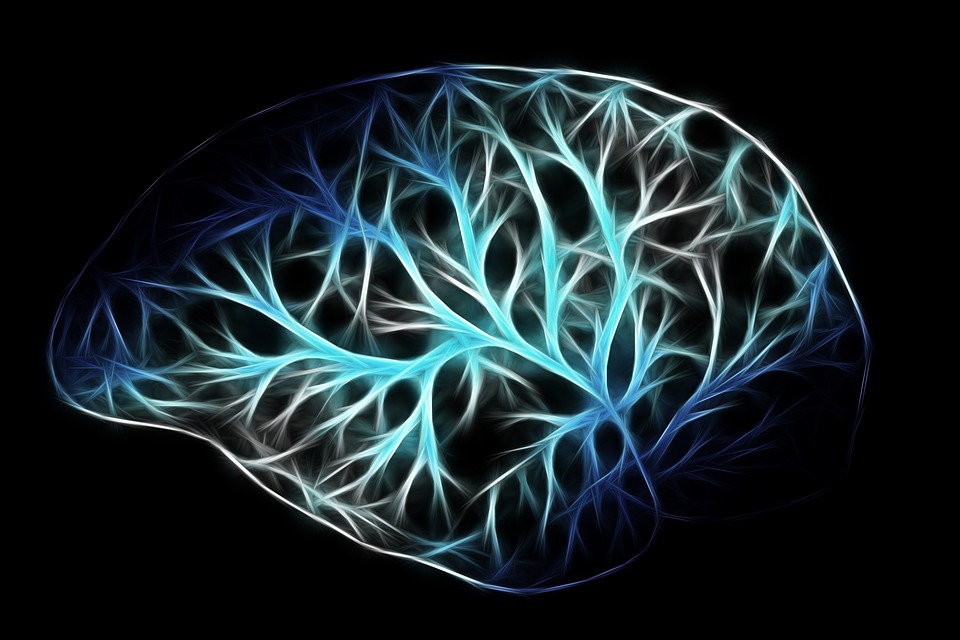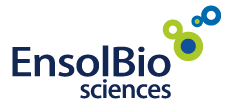New Drug Pipeline
Moriah1000, M1K
M1K : Alzheimer’s Disease Drug


Alzheimer's disease (AD) is a type of dementia, which refers to a disorder in which mental functions such as memory, thinking, judgment, and learning ability gradually decline. About 60-80% of elderly people with dementia experience dementia due to Alzheimer's disease. Alzheimer's disease occurs in more than 40% of the population over 85 years of age, and the probability of dementia increases as the population ages, making it the disease with the highest prevalence. It is also the most common degenerative brain disease, accounting for 70% of dementia.
The global Alzheimer's disease treatment market size was estimated at $5.8 billion in 2023, and is expected to record an average annual growth rate of 9.8% from 2024 to 2032.
Most of the drugs currently marketed as Alzheimer's disease drugs are acetylcholinesterase inhibitors that inhibit the degradation of acetylcholine, a neurotransmitter that is very important for memory function. Acetylcholinesterase inhibitors are drugs that focus on symptom relief rather than cause cure. Major side effects include excessive exacerbation of acetylcholine, which is known to exacerbate parasympathetic nervous system and to exacerbate digestive and neuropsychiatric disorders such as severe diarrhea, nausea, vomiting, depression, anxiety, insomnia, headache, Because of these side effects, we are not able to use drugs that are currently on the market at the time when memory loss begins (mild cognitive impairment, dementia). Therefore, there is no drug that can treat early AD patients, and drug development that is able to treat the underlying cause of illness rather than symptom relief and low side effects is urgently needed.
Moriah1000 (M1K) is a synthetic peptide substance that has learning and memory recovery effects. Such effects of Moriah 1000 are due to the regulation the signal pathway of RAGE, a receptor that transports beta-amyloid (Aβ) peptide, which is known to induce brain cell death and be a risk factor of AD, into the brain. Moriah 1000 binds to RAGE and blocks β-amyloid from entering the brain, inhibiting the formation of amyloid plaques in the brain and blocking the signal pathway that progresses as β-amyloid binds to RAGE, thus preventing the brain's primary immune system blood-brain barrier(BBB) and suppressing inflammation in brain and nerve cell death to prevent disease progression and show learning and memory recovery effects.


